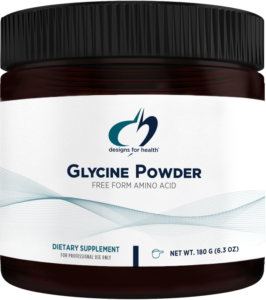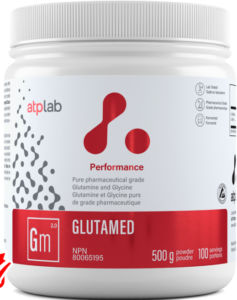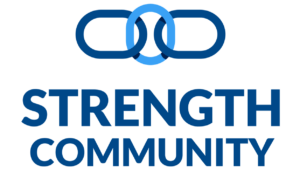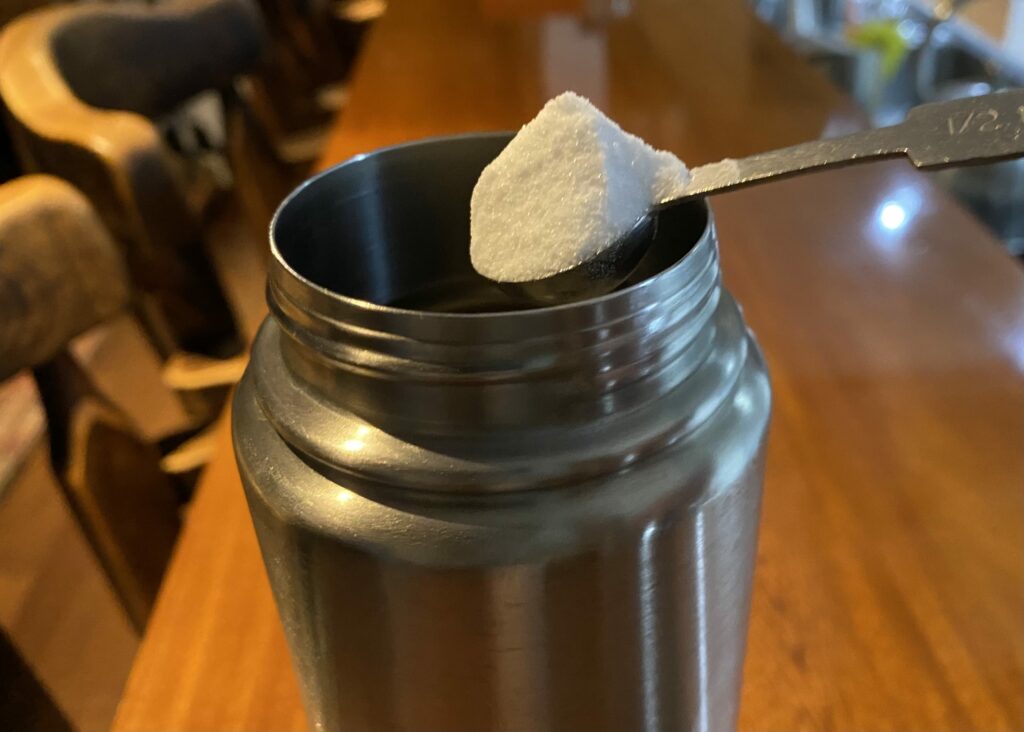Glycine the smallest amino acid, is also non-essential, and as in the case of glutamine, there are situations that increase the body’s need for this amino acid and those include acute emotional or physiological stress, recovering from physical trauma, and hyperglycemia.
In a previous article, I wrote Why I Love Glutamine and the response from the readers was fantastic!
Now it’s time to write about another favorite, glycine.
Here are some of the benefits of using glycine:
Reduction in post-workout cortisol
When the training is over, it’s very important to get into an anabolic estate by improving the cortisol: testosterone ratio.
As it stands to reason, decreasing cortisol will help in this endeavor, and here is where glycine exerts its power, as it decreases cortisol WITHOUT raising insulin.
The dose can be anywhere between 1 to 20 grams, depending on the size of the subject, tolerance to the amino acid, and liver health.
I always recommend starting with a low dose and slowly increasing it to the point of obtaining the desired results.
I have clients that ask me not to add glycine to their post-workout shake because then they cannot work.
Their cortisol levels go low enough that they just want to nap.
Improved sleep patterns
As I mentioned in the previous point, glycine has the ability to lower cortisol levels.
People with an inverted cortisol curve, or simply high cortisol levels of cortisol in the evening, can benefit from using glycine before time to go to bed.
As in the post-workout case, it’s always better to start with a low dose and slowly increase it until the desired outcome is reached.
Brain Health
Glycine is an inhibitory neurotransmitter, which means that it can counteract the action of excitatory neurotransmitters.
This gives glycine the property of calming you down and balancing other neurotransmitters, which results in a healthier mood.
This is also another reason why glycine can improve sleep patterns.
Counteracts the adverse effects of glyphosate
It is widely known and proven that glyphosate is a poison for humans and it’s ubiquitous.
As Dr. Stephanie Seneff explained, glyphosate can take the place of glycine in our bodies.
If we have enough glycine reserves at the moment of the entrance of glyphosate, the possibility of glyphosate taking the place of glycine diminishes dramatically.
For this purpose, I normally suggest taking 1-2 grams of glycine before every meal, especially those that contain vegetables.
Even though I buy mostly organic vegetables, I always use glycine before consuming them.
Improves digestion
Glycine is a very important component of the digestion process because it bonds to the bile salts to make them easier to dissolve when they get in contact with the bile.
Remember that fully formed bile is essential for the digestion and absorption of fats and fat-soluble vitamins.
Antioxidant precursor
Glutathione is the most powerful endogenous antioxidant in the human body.
Glutathione is a tripeptide (which means that is composed of 3 amino acids) and one of them is Glycine.
Making sure that you have adequate levels of glycine is the first step to having and maintaining optimal glutathione levels, given that the other 2 amino acids – cysteine and glutamine – are also present in adequate amounts.
Liver health & detoxification
Even though glutathione is part of the detoxification pathways of the liver, glycine itself has a specific role in Phase II of liver detoxification, binding to endogenous and exogenous toxins.
Glycine is also an important nutrient for recovery from liver injuries and improving markers of liver health, even in the cases of partial liver removal.
Tissue Repair
Glycine is also the most abundant amino acid in collagen, and collagen has proven properties for tissue repair.
Adequate amounts of glycine can help with collagen synthesis, which can lead to better tissue-repairing processes and faster wound healing.
A glycine deficiency can be a limiting factor in the synthesis of collagen.
Natural sweetener
Glycine is naturally sweet and even though I don’t promote the consumption of sweetened foods, it can be used instead of sugar, honey, stevia, etc.
Good use of glycine’s sweet flavor is to add it to a salad dressing.
It will give a slightly sweet taste needed for some dressings and salads and will protect you from the glyphosate deposited on the vegetables.
 |
 |
As you can see, the smallest amino acid provides a host of benefits to your health and your performance.
Coach Carlos Castro

